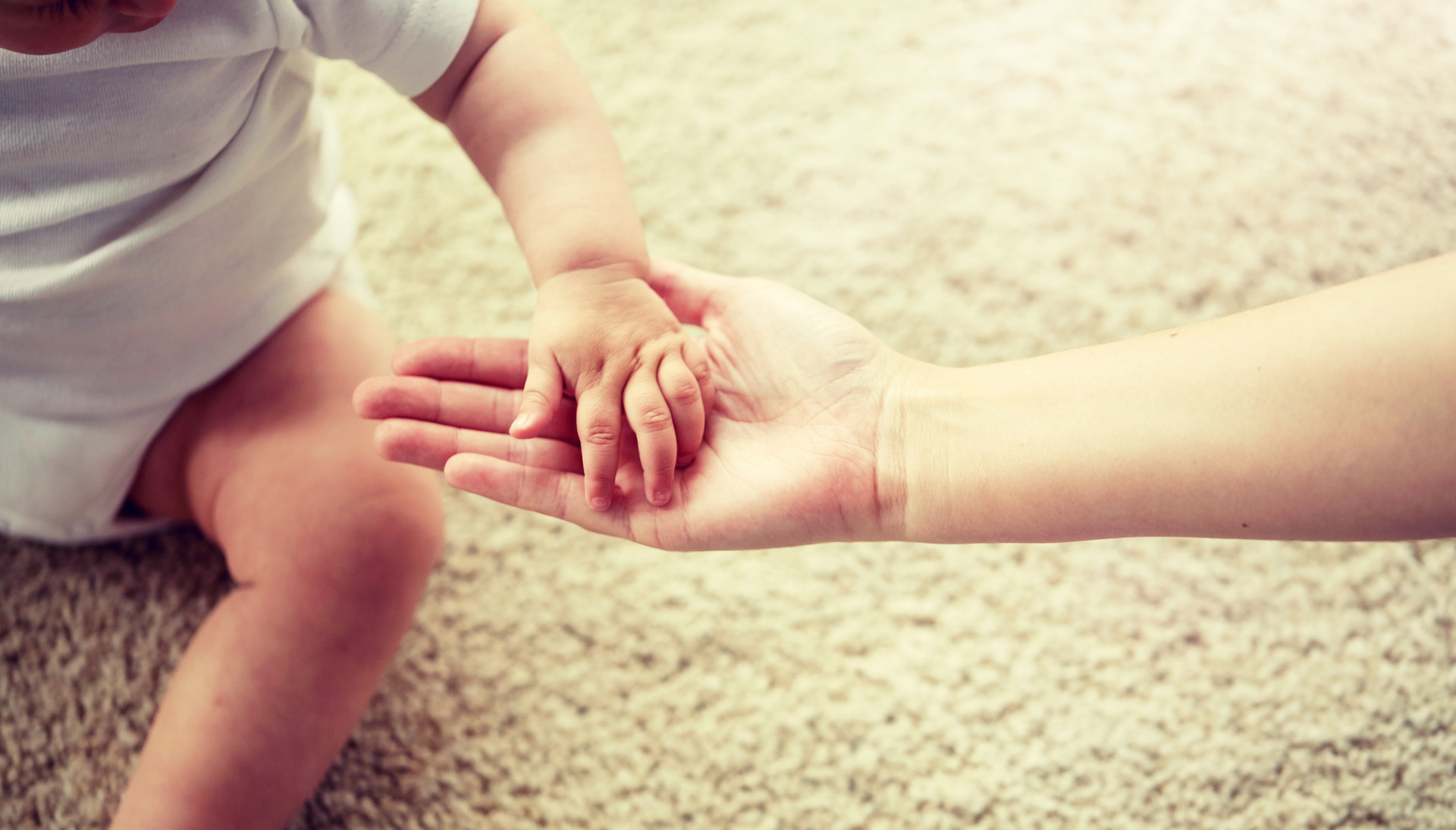Postpartum hair loss

After giving birth, many women experience various physical problems, the most noticeable of which is postpartum hair loss. When combing their hair, they can lose a large amount of hair. So why do

Many mothers experience hair loss after childbirth, which is actually quite normal and there is no need to worry too much. The main reasons for postpartum hair loss include hormonal changes, psychol

There is a saying that "children smile, hair fall", meaning that many women will have hair loss after giving birth to a child, female postpartum hair loss is a resting hair loss, generally speaking is

According to research, 35% to 40% of women experience varying degrees of hair loss after childbirth, which is medically known as "birthing alopecia". So why is the rate of maternal hair loss high? Wha